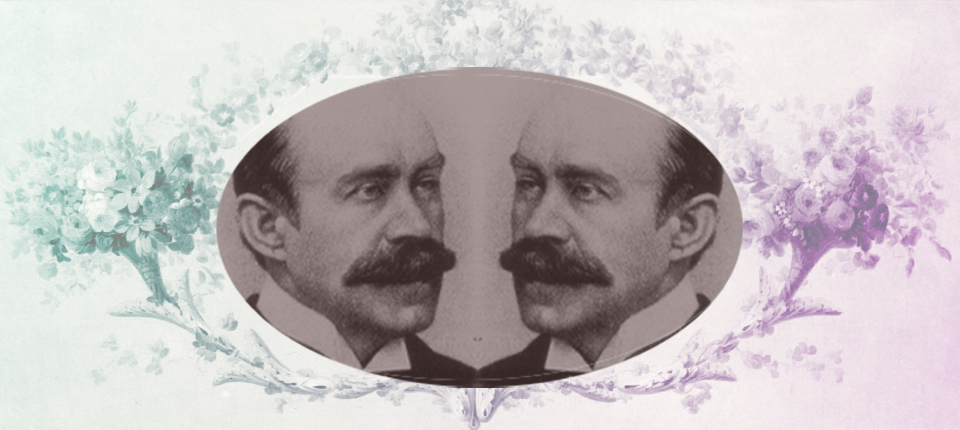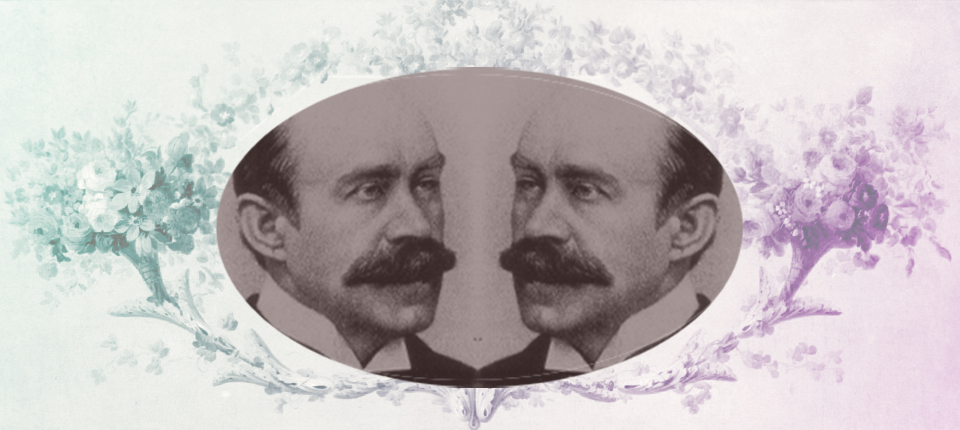The Best of the Literary Internet, Every Day

TODAY: In 1894, Walter Pater dies.
- “Letters, rants, lists. ‘It’s not a fixed thing,’ he says of such forms. ‘It’s ephemeral.’” Eric Olson profiles Ed Park. | Lit Hub Craft
- Kate Weinberg explains why the first time she told a lie was also her first attempt at fiction. | Lit Hub Criticism
- Daniel Saldaña Paris’s TBR includes books by Gustav Flaubert, Yiyun Li, Francesca Wade, and more. | Lit Hub Reading Lists
- Tom Zeller Jr. explores how medical misogyny impacted the practice of neuroscience (and the treatment of migraines). | Lit Hub History
- “At home, I woke up in the middle of the night, turned over for a while, gave up on the acrobatics, and got up. Apparently watching Richard die at work didn’t improve my sleep patterns.” Read from Kashana Cauley’s new novel, The Payback. | Lit Hub Fiction
- “Some of the recipes are perfectly simple, and some of them are just bonkers and fantastic.” A dinner party courtesy of Alice B. Toklas. | The New Yorker
- Louise Matsakis explores the context of language and explains why ChatGPT can go “demon mode.” | Wired
- “What freshly nuanced perspectives might we bring to the violent late 20th-century history Coetzee describes?” A roundtable on J.M. Coetzee’s Disgrace at 25. | Public Books
- Rachel Kushner considers the relationship between literature and prison. | NYRB
- Why the future of climate change is the present in Mauritius: “When the government told us to go back home it was already too late. Throughout the town water rose to our knees, our thighs.” | The Dial
- H.M.A. Leow examines how conflict between “editorial grip” and “literary autonomy” shaped Lin Yutang’s 1948 novel Chinatown Family. | JSTOR Daily
Article continues after advertisement
